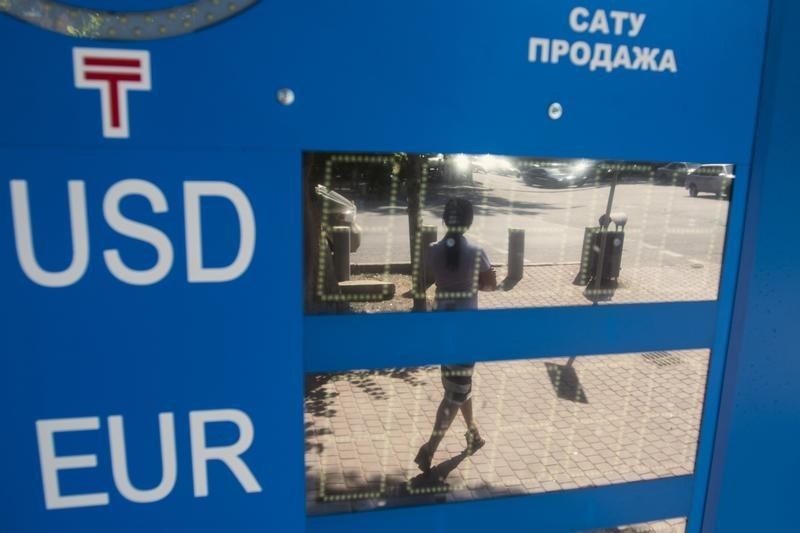(Recasts, adds comment, ECB's Draghi's comments, updates
prices, changes byline, dateline; previous LONDON)
* ECB's Draghi says rates will remain low
* ECB cuts rates, announces corporate bond buys
* Measures top what market had priced in for meeting
By Gertrude Chavez-Dreyfuss
NEW YORK, March 10 (Reuters) - The euro rose to a three
week-high against the dollar on Thursday, rallying from a
six-week low after European Central Bank (ECB) President Mario
Draghi said he did not anticipate more interest rate cuts to
revive a sluggish euro zone economy.
Europe's shared currency earlier took a tumble as the ECB
unleashed a raft of measures, many of them not expected by
markets, to stimulate euro zone growth and inflation.
The ECB sliced its marginal and refinancing rates and made a
widely expected 10-basis-point cut in deposit rates. It also
expanded its bond-buying program to include corporate debt.
While Draghi said he does not expect further easing, he did
say interest rates will remain low for a long time.
"We're seeing this rush to cover shorts because of that one
statement from Draghi that he does not anticipate further rate
cuts," said Omer Esiner, chief market analyst at Commonwealth
Foreign Exchange in Washington.
"But when the dust settles, I think the euro is still going
to go lower, based on the fact that the ECB exceeded market
expectations with its suite of policy tools, and also market
positioning heading into today's meeting was far less bearish
for the euro than we saw in previous meetings."
In mid-morning trading, the euro recovered from six-week
lows against the dollar of $1.0823 to trade at a three-week high
of $1.1158 EUR= as money market rates in the euro zone rose to
price out further deposit rate cuts. The euro was last at
$1.1120, up 1.1 percent.
Against the yen, the euro hit a three-week high and was last
at 126.52 EURJPY= , up 1.5 percent.
The single euro zone currency also posted gains against the
sterling EURGBP= and the Swiss franc EURCHF= .
Expectations were high that ECB policymakers would deliver a
telling blow in the central bank's campaign to get inflation
rising again and drag the euro zone economy out of the mire
after eight years of weak growth.
